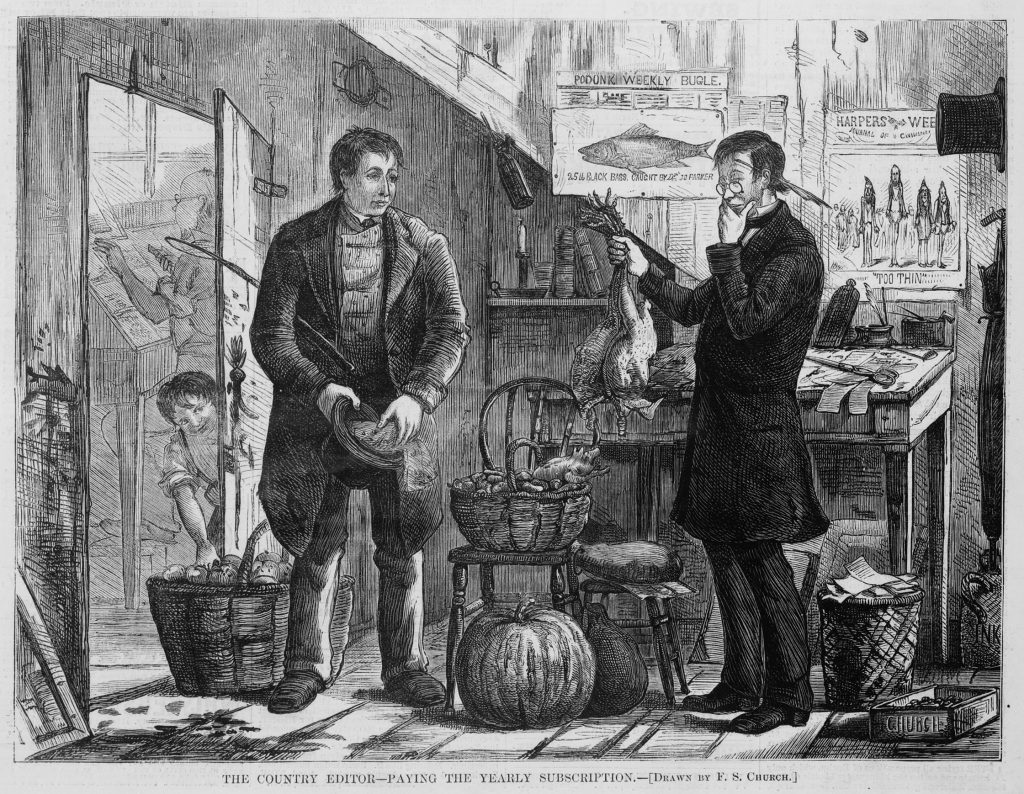Moneyless Economy: The History Of Barter System And Reputation Of The Business Involved
Have you ever swapped an ill-fitting t-shirt with a friend in return for their better-fitting t-shirt? You have bartered. Bartering is exchanging goods or services with another person without involving money. Introduced in Mesopotamia, the barter system made it possible for people to trade before the advent of money. Would you like to know about this old age trading system? Let take a closer look at its history:
History of barter trade
For you to understand the trade, you need to step back in time to 6,000 BC. This system of trading was introduced by Mesopotamia tribes then quickly adopted by the Phoenicians who bartered their goods with other cities across the ocean.
Babylonians also took up the system and made it even better. They exchanged tea, food, weapons, and spices. At times they even used human skulls. One of the most popular items for the exchange was salt. Salt was precious that the Roman soldiers were paid with it as salary. In the middle ages, Europeans traveled across the world trading crafts and furs in exchange for silk and perfumes. The colonial Americans traded musket balls and wheat.
Due to the scarcity of money, barter services became extremely popular in the 1930s during the great depression. Trading was done through people or groups that acted as agents and facilitated third party bartering. These groups functioned as banks, and people maintained accounts with them.
Even the popular Adolf Hitler used the barter system where he traded with Sweden, Russia, and Greece. After the Second World War, Germany opted for barter trading as the currency had lost most of its value.
The ugly side of the barter system
While people in the early civilization liked barter trade, it came with its set of challenges:
For you to exchange your item, you had to find someone that needed the exact product you were looking to exchange. For example, if you were a jute producer and wanted shoes, you had to find a shoemaker who was willing to trade his shoes for jute.
This might have required you to travel long distances or go for days or even weeks before finding someone willing to exchange their item with yours.
There is also the famous lack of a standard measure of value. The absence of a common unit of account meant that the number of exchange ratios between the goods could be very large, for example, exchanging one cow for two quintals of wheat, or two cows for one horse.
This lack of standard unit made business difficult and unfair.
There was also lack of customer protection. Since there was no proof or certification of the various products, the people could exchange goods and services for poor or defective items.
Since payments were made in goods and services, you couldn’t make payments in the future. This is because the parties involved couldn’t come into agreement on the specific commodity they would use in making the payments.
The good side of the barter system
 While the barter system had its disadvantages, it had its good side.
While the barter system had its disadvantages, it had its good side.
One of the advantages is its straight forward nature. Once you found a person looking to exchange your product with theirs, you were good to go.
For example, if you had a goat and interested in rice, once you found someone who wanted a goat and had rice, the business was straight away, without complications.
Barter trade is also flexible. You can exchange related products such as a portable tablet with a laptop or completely unrelated products such as a bicycle and lawnmower.
You can even offer your services in exchange for food. You only need to find someone who needs what you have to offer.
Since you don’t need money to trade, you save money. This ensures you not only get what you need or want, but you also get it without spending a cent.
Barter trade in the 21st century
History seems to be repeating itself as people are now engaging in barter trade than ever before.
Today, barter trade is happening technologically between individuals, businesses, and even countries.
At the international level, countries are getting into treaties and agreeing to exchange their products and services to preserve their currency. For example, France getting electronic products from China and in return allowing the Chinese government to invest in France.
Modern barter systems can be traced back in the 1970s when personal computers entered homes. The internet has blown up the industry by giving clients and brokers around the world access to larger trade exchange opportunities.
At the personal level, plenty of applications and websites have come up that allow people to barter their products and services. On these platforms, you can exchange your laptop for a skateboard. You can also offer to babysit for free travels.
The entire system is based on a commodity, which makes it a perfect way for individuals and companies to make good use of their surplus or obsolete inventory. In some cases, this has completely wiped out the need for money.
As the electronic barter system continues into full swing, there is a need for businesses and individuals to engage with reputable individuals.
Today’s business reputations
Whether you are exchanging a product or service with another business or individual, you want to be sure you are dealing with a person you can trust. How can you do this? By checking the reputation rating of the person you are looking to work with.
Thanks to online review sites, you can easily tell whether a business or individual is reputable and worth your time. Reputation is a two-sided sword, so you shouldn’t expect another company to want to work with you if you don’t have a good online reputation. Reputation takes time to build, but you can break it in minutes. To have an easy time managing it, it’s wise to get online reputation and review management system from a reputable company.
The company will keep an ear out to everything other people are saying about your brand and let you know. The service provider will even collect and manage reviews on your behalf.

